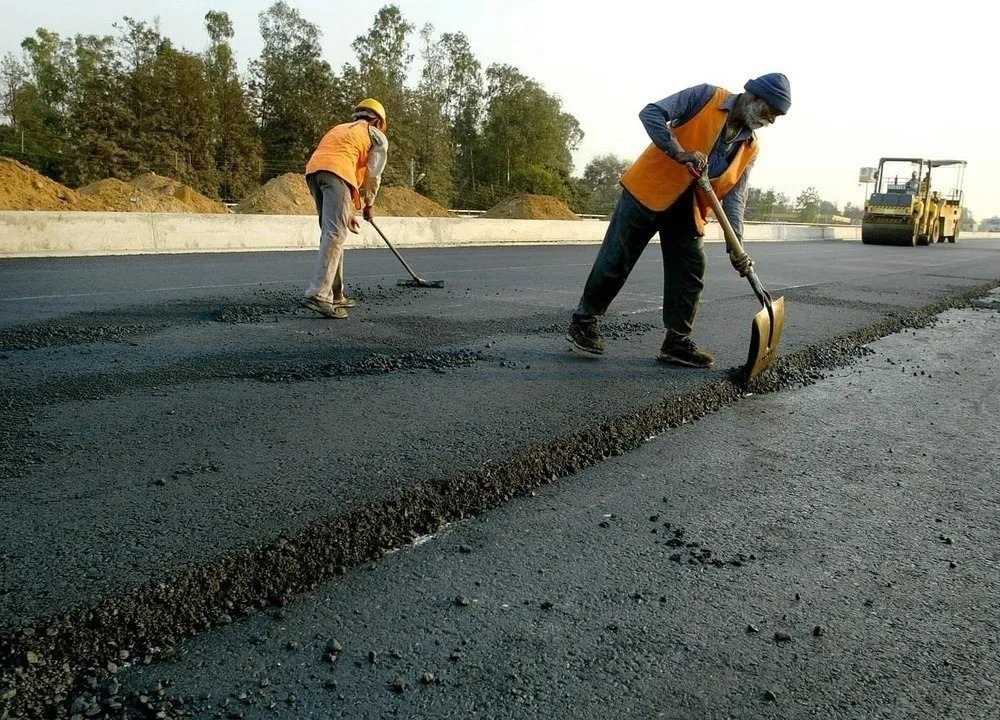
Maintaining our roads and highways is critical, ensuring safe transportation for personal and commercial purposes. The effective method for preserving and extending the lifespan of these vital infrastructures is asphalt and bitumen sealing. However, the cost of these sealing projects varies significantly depending on several key factors.
Material costs
The primary components in asphalt and bitumen sealing projects are the materials themselves: asphalt, bitumen, and aggregates. The cost of these materials fluctuates based on various factors, including:
- Crude oil prices – Bitumen is a byproduct of crude oil refining, meaning its cost is directly influenced by global oil prices. Fluctuations in the oil market significantly impact the overall material cost for bitumen sealing projects.
- Availability and transportation – The project site’s proximity to material sources, such as asphalt plants or quarries, affects transportation costs. Projects in remote areas may incur higher expenses due to the increased distance materials need to be transported.
- Supply and demand – Like any commodity, the supply and demand dynamics of asphalt, bitumen, and aggregates influence their prices. During periods of high construction activity or material shortages, costs may rise.
Project scope and scale
The size and complexity of the sealing project play a significant role in determining the overall cost. More extensive projects generally benefit from economies of scale, as material and labour costs are spread over a greater area. Conversely, smaller projects may have higher per-unit costs due to the fixed overhead expenses involved. The condition of the existing road surface can impact the project scope. Roads in poor condition may require more extensive preparation work, such as crack sealing, pothole repairs, or even partial resurfacing, which can drive up costs.
Labor and equipment costs
Asphalt and bitumen sealing projects require skilled labour and specialized equipment, contributing to the overall cost. The cost of labour varies depending on factors such as:
- Geographic location – Labor costs differ significantly between regions or countries due to varying wage rates and cost of living.
- Project duration – Longer projects may require more personnel and extended equipment rentals, increasing labour and equipment costs.
- Union regulations – In some areas, construction projects must adhere to union regulations, which can impact labour costs.
Equipment costs are influenced by factors such as the type and age of the machinery required and the availability and transportation expenses associated with renting or purchasing the necessary equipment.
Weather and site conditions
The weather and site conditions during a sealing project can significantly impact the overall cost. Unfavourable weather conditions, such as excessive rain or extreme temperatures, delay projects and increase labour and equipment costs due to downtime. Additionally, challenging site conditions, such as steep inclines or remote locations, can complicate sealing and require specialized equipment or additional labour, driving up expenses.
Quality and durability requirements
The desired quality and durability of the asphalt or bitumen sealing can also influence the cost. Higher-quality materials and more stringent application standards may be required for roads with heavy traffic volumes or in areas with extreme weather conditions. These additional requirements increase material costs and necessitate more specialised labour and equipment, leading to higher overall project expenses. However, investing in higher-quality sealing can provide long-term cost savings by extending the road’s lifespan and reducing the frequency of future maintenance or repairs.
Traffic management and safety measures
Asphalt and bitumen sealing projects often require traffic management and safety measures to ensure the safety of workers and motorists. These include road closures, detour routes, signage, and traffic control personnel. The costs associated with these measures can vary based on the project’s location, duration, and the level of traffic disruption anticipated. Projects in high-traffic areas or those requiring extensive road closures may incur higher costs for traffic management and safety measures to mitigate the impact on the surrounding community and maintain safe working conditions. For any other information you might need, visit northernhighwaysbitumen.com.au.







